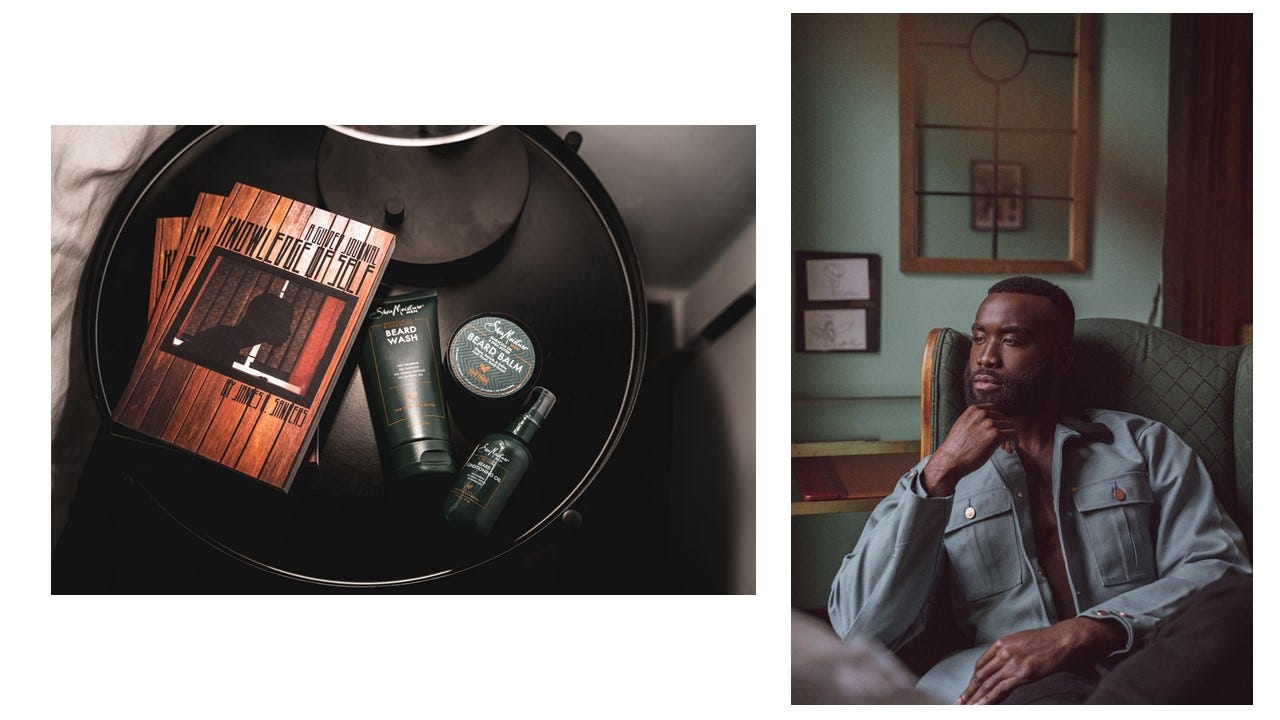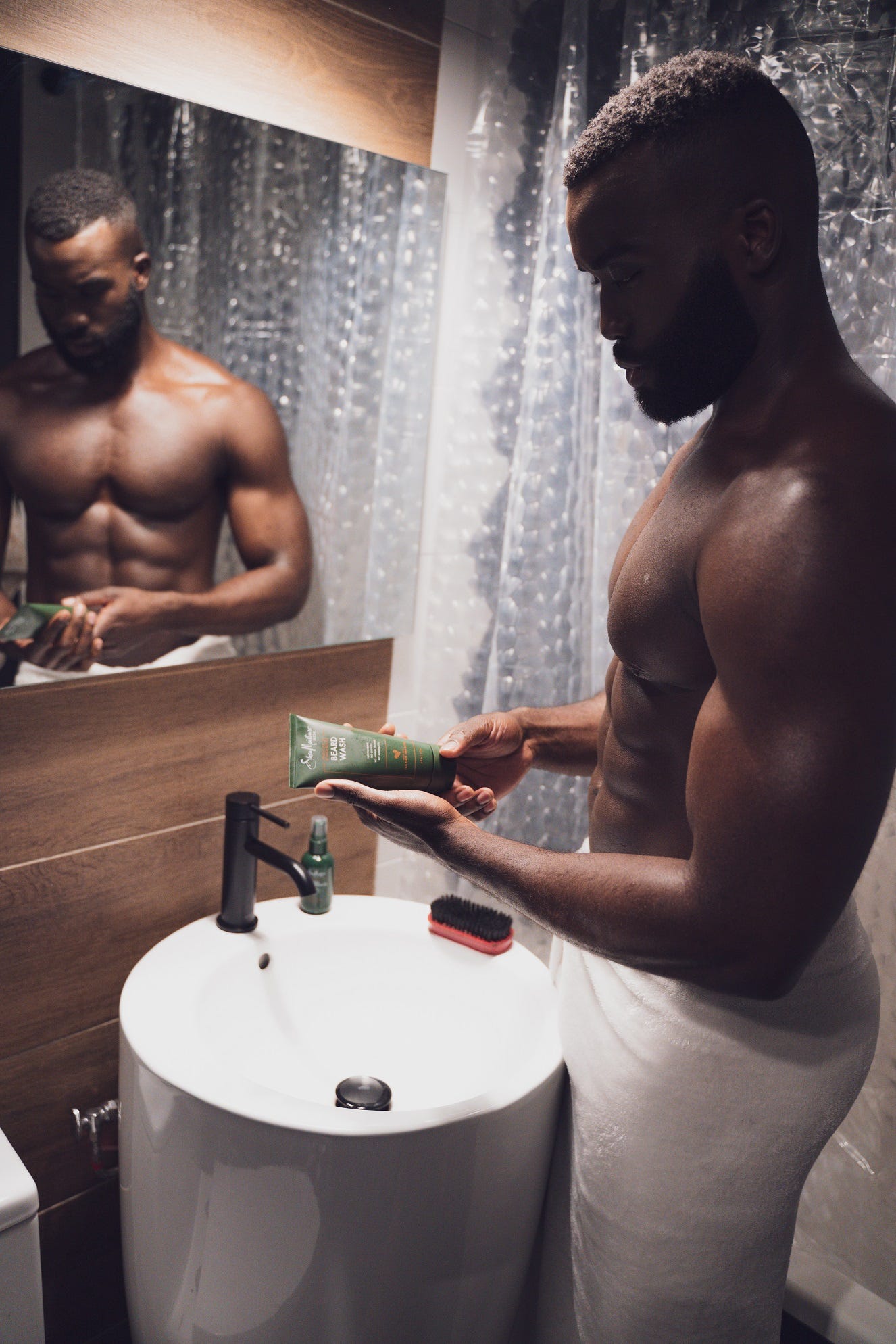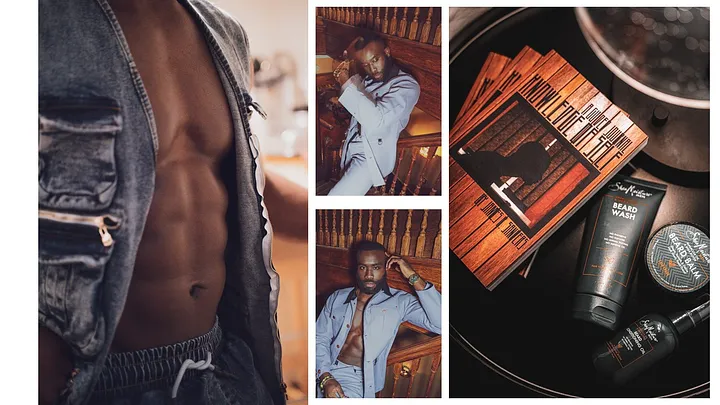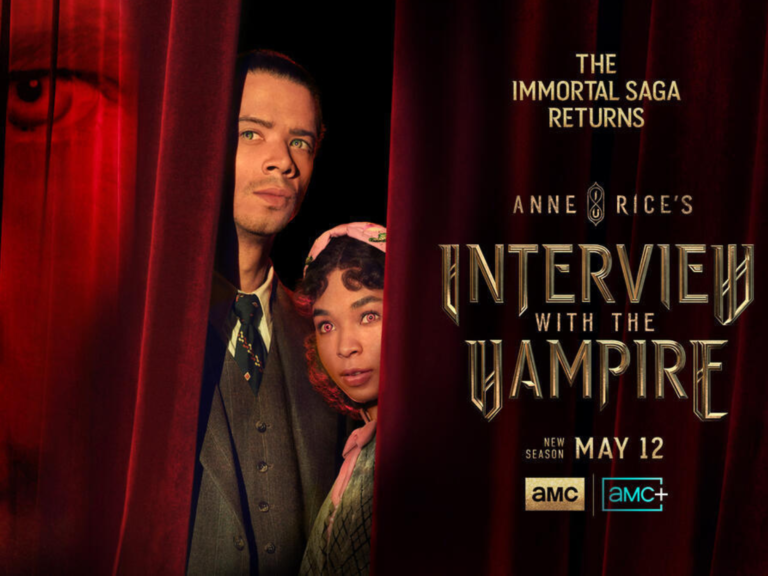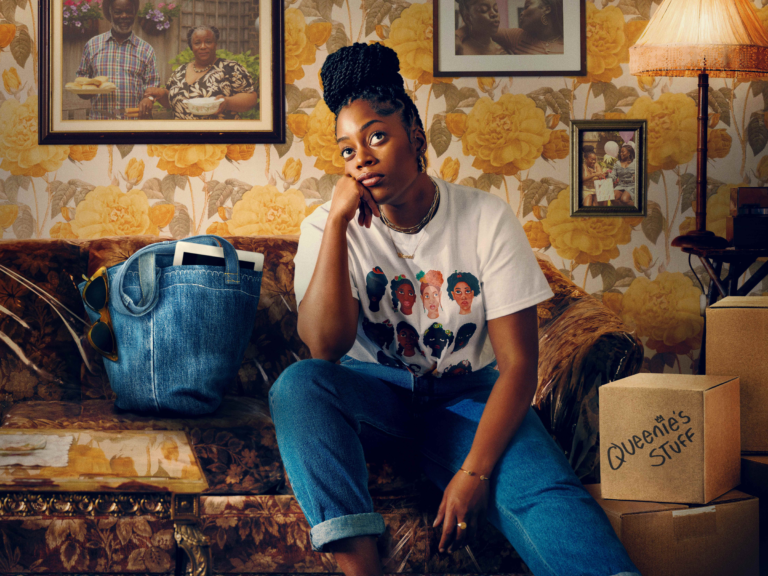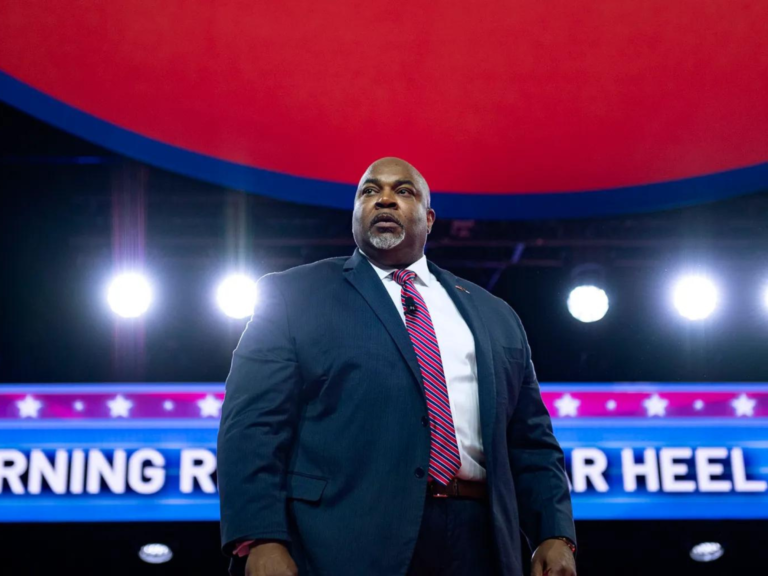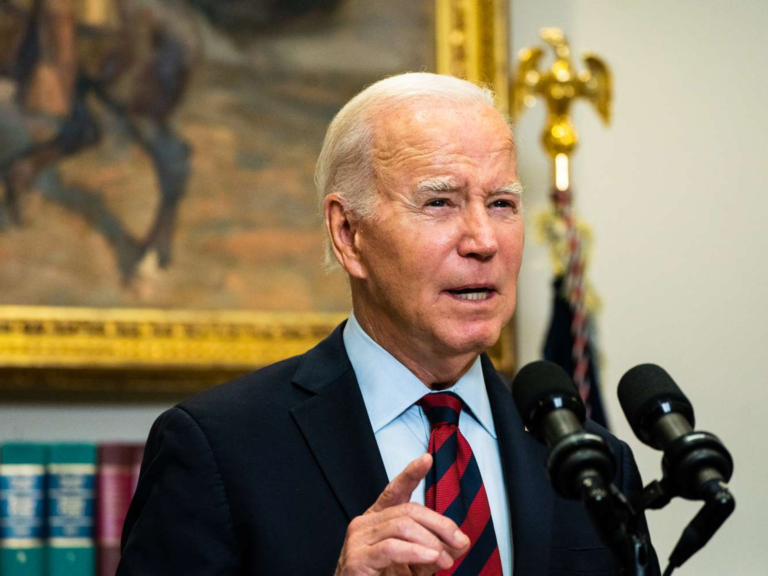A series of features on Black beauty and grooming inspired by the culture. Creative Directed by James R. Sanders, Photographed by Lovesbond Uyanwune, Featuring BALDWIN’s Fitness Editor Olumide Onajide as the model.

Black masculinity is a freedom call. Unfortunately like most, associations with bad adjectives such as: toxic, problematic, and difficult attach themselves to the movement’s coils like bad bacteria infiltrating the original meaning and turning it into something else.
Such is the struggle with stereotypes in the Black community.
Subtle statements can represent a sense of pride and representation of Black masculinity’s unsung hero, with the beard serving as a prime example.

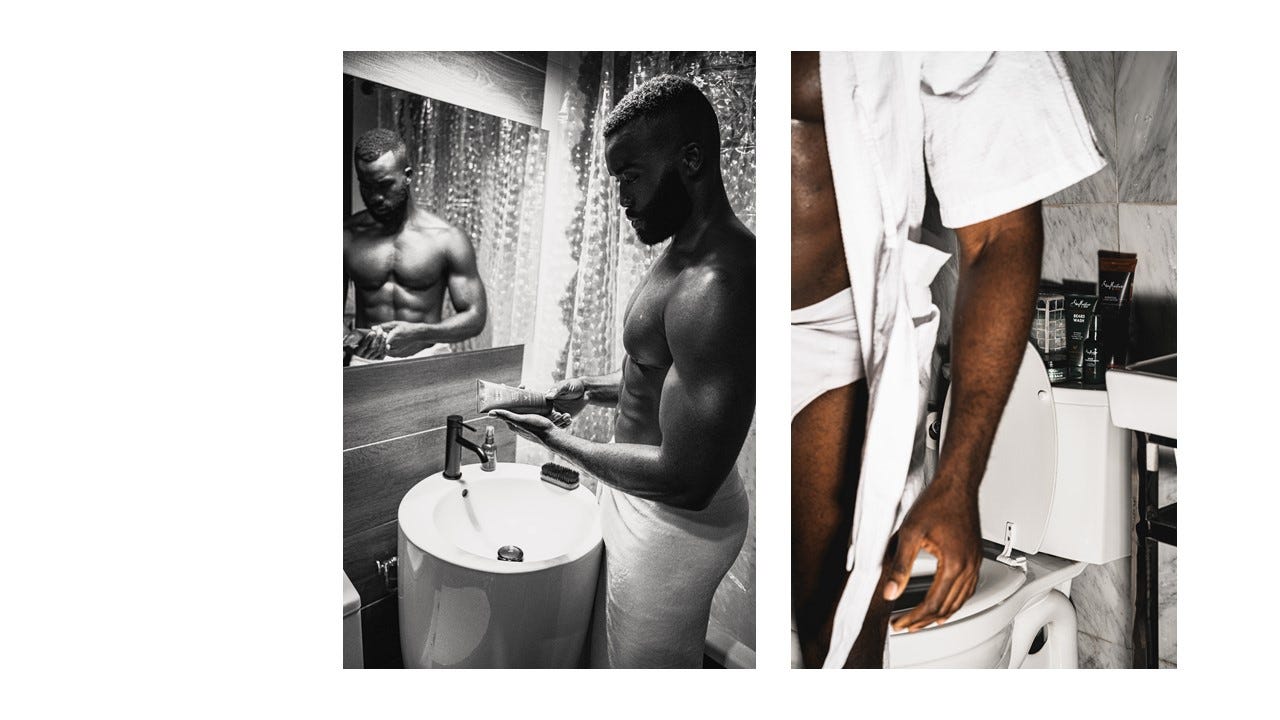
During ancient times, the beard was a sign of wisdom and dignity. At around 3000 BC, Egyptian royalty attached gold fashioned as beards to their faces and it became part of their royal dress. Ancient Assyrians used beard oil and dyed their hair black. During these times, when beards were cut, it was considered punishment.
Now, over 5000 years later, the question is posed; how is a beard on a Black man perceived? And as a symbol of Black masculinity, does it support the negative connotation that comes with it?

“Unarmed Black men are disproportionately more likely to be shot and killed by police, and often these killings are accompanied by explanations that cite the physical size of the person shot,” according to Dr. John Wilson of Montclair State, who conducted a study in 2017 revealing the perception of danger with Black men disproportionately higher than that of white men.
Does the beard add to that anxiety and fear? How relevant is it in the perception of Black masculinity being considered a negative thing?
The answer to the first question is yes. The answer to the second question is very!
In his study, Wilson found “men with darker skin and more stereotypically Black facial features tended to be most likely to elicit biased size perceptions, even though they were actually no larger than men with lighter skin and less stereotypical facial features,” this of course, included beards.
Specifically, in the African-American community, the beard and its perception has evolved. At one point, donning a beard typically meant you were a pastor or a street guy. Both were on the radar of police and added to the idea that Black men were aggressive and intimidating.


Within the Black community, the beard is now considered sexy — adding seasoning to a primed man ready to take over the world.
In short, beards on Black men is a thing, and it’s having a major moment.
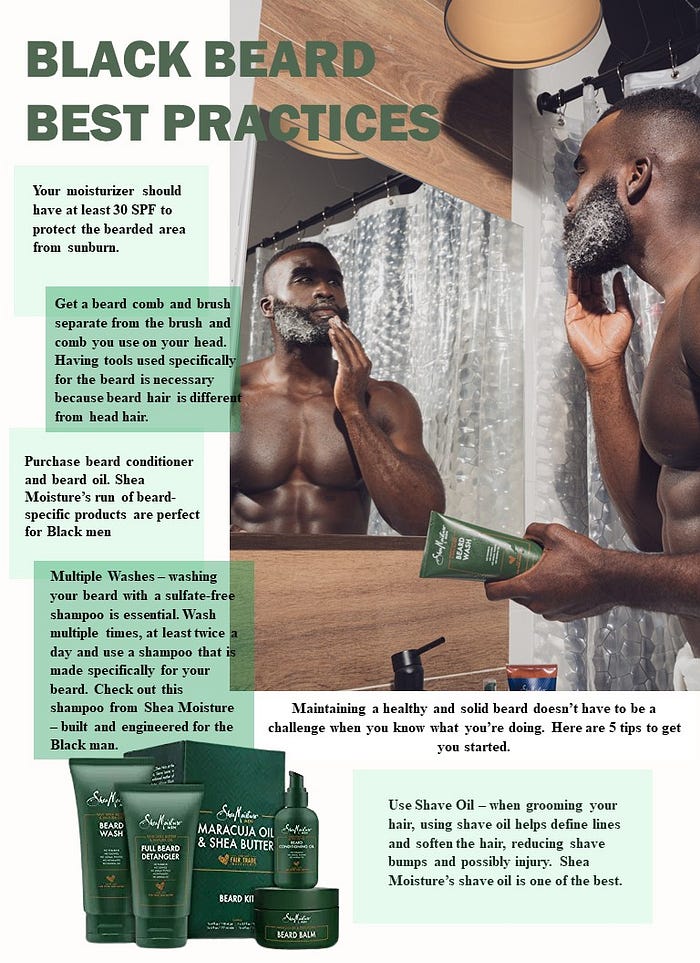
Black men in beards have created some of the most iconic moments in the culture. Whether on stage, in film, or through music — coiled hair on Black faces have always been the thing to do. Here are a few of our favorite moments through photos:

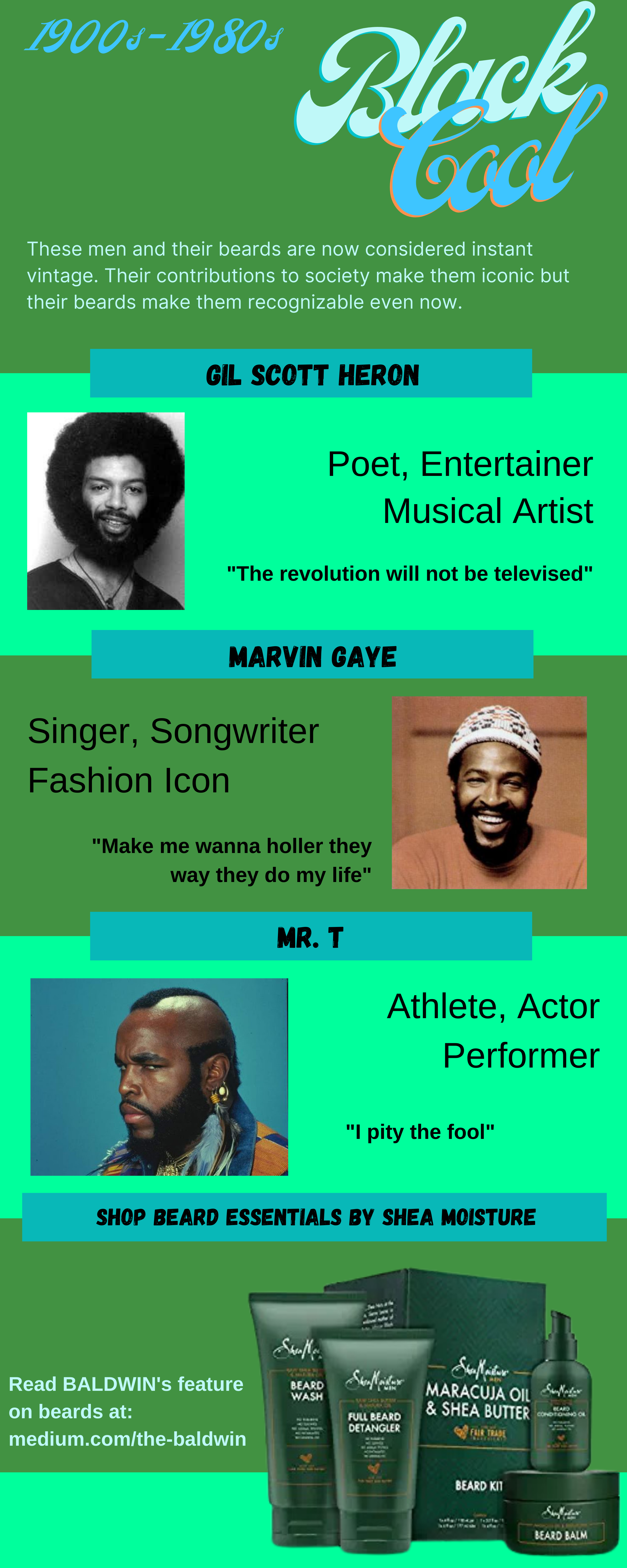
The products used in this feature include:
Beard Conditioning Oil by Shea Moisture, available for purchase here. Beard Wash by Shea Moisture, available for purchase here. Beard Balm by Shea Moisture, available for purchase here. Knowledge of Self: A Guided Journal, available for purchase here.
